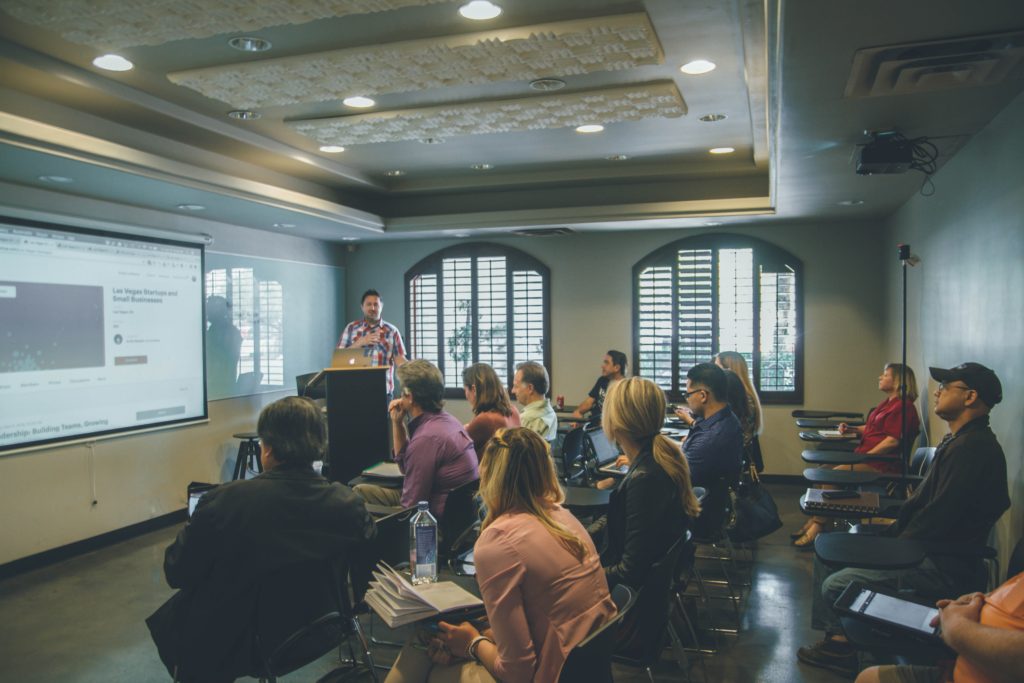
Published — June 1, 2022
The following post does not create a lawyer-client relationship between Alburo Alburo and Associates Law Offices (or any of its lawyers) and the reader. It is still best for you to engage the services of your own lawyer to address your legal concerns, if any.
Also, the matters contained in the following were written in accordance with the law, rules, and jurisprudence prevailing at the time of writing and posting, and do not include any future developments on the subject matter under discussion.
Read: Payment of salary, and prohibitions regarding wages
Relevant to the afore-stated query is Omnibus Rules Implementing the Labor Code. Section 4(a) of Rule I of said Omnibus Rules which implement Book III of the Labor Code, states in the following manner:
“SECTION 4. Principles in determining hours worked. — The following general principles shall govern in determining whether the time spent by an employee is considered hours worked for purposes of this Rule:
xxx
(d) The time during which an employee is inactive by reason of interruptions in his work beyond his control shall be considered working time either if the imminence of the resumption of work requires the employee’s presence at the place of work or if the interval is too brief to be utilized effectively and gainfully in the employee’s own interest.” (emphasis and underscoring ours)
Taking into consideration the nature of “Semestral breaks,” they are periods which are not controlled by paid teachers in private schools. “Semestral breaks” are within the prerogative and control of the private schools.
For a better understanding, let us study the case of University of Pangasinan Faculty Union vs. University of Pangasinan and National Labor Relations Commission, (G.R. No. L-63122. February 20, 1984).
In this case, the complainants are full-time professors, instructors, and teachers of the University of Pangasinan (“UPang”). The teachers in the college level teach for a normal duration of ten (10) months a school year, divided into two (2) semesters of five (5) months each, excluding the two (2) months summer vacation. These teachers are paid their salaries on a regular monthly basis.
In November and December, 1981, the complainants were fully paid their regular monthly salaries. However, from November 7 to December 5, during the semestral break, they were not paid their Emergency Cost of Living Allowance (ECOLA). UPang claimed that the teachers are not entitled thereto because the semestral break is not an integral part of the school year and there being no actual services rendered by the teachers during said period, the principle of “No work, no pay” applies.
The Supreme Court ruled that the principle of “No work, no pay” does not apply in this case. Complainants received their regular salaries during this period. In ruling in favor of the complainants, various Presidential Decrees on ECOLAs were the basis of the Supreme Court, to wit: PD’s 1614, 1634, 1678 and 1713. According to the Supreme Court, the provisions of the aforementioned laws contemplates a “no work” situation where the employees voluntarily absent themselves. The Supreme Court recognized the fact that complainants in this case do not voluntarily absent themselves from work. Rather, they are forced or constrained to take mandatory leave from work. Complainants can not be faulted nor can they be denied that which is due them under the law.
The semestral break scheduled, as found out by the Supreme Court is an interruption of work beyond the complainant’s control and it cannot be used effectively nor gainfully in their interest. The Supreme Court considered semestral break as “hours worked”. For this, the complainants who are teachers, are PAID REGULAR SALARIES, and is entitled to ECOLA.
Alburo Alburo and Associates Law Offices specializes in business law and labor law consulting. For inquiries, you may reach us at info@alburolaw.com, or dial us at (02)7745-4391/0917-5772207.
All rights reserved.
SUBSCRIBE NOW FOR MORE LEGAL UPDATES!
[email-subscribers-form id=”4″]


